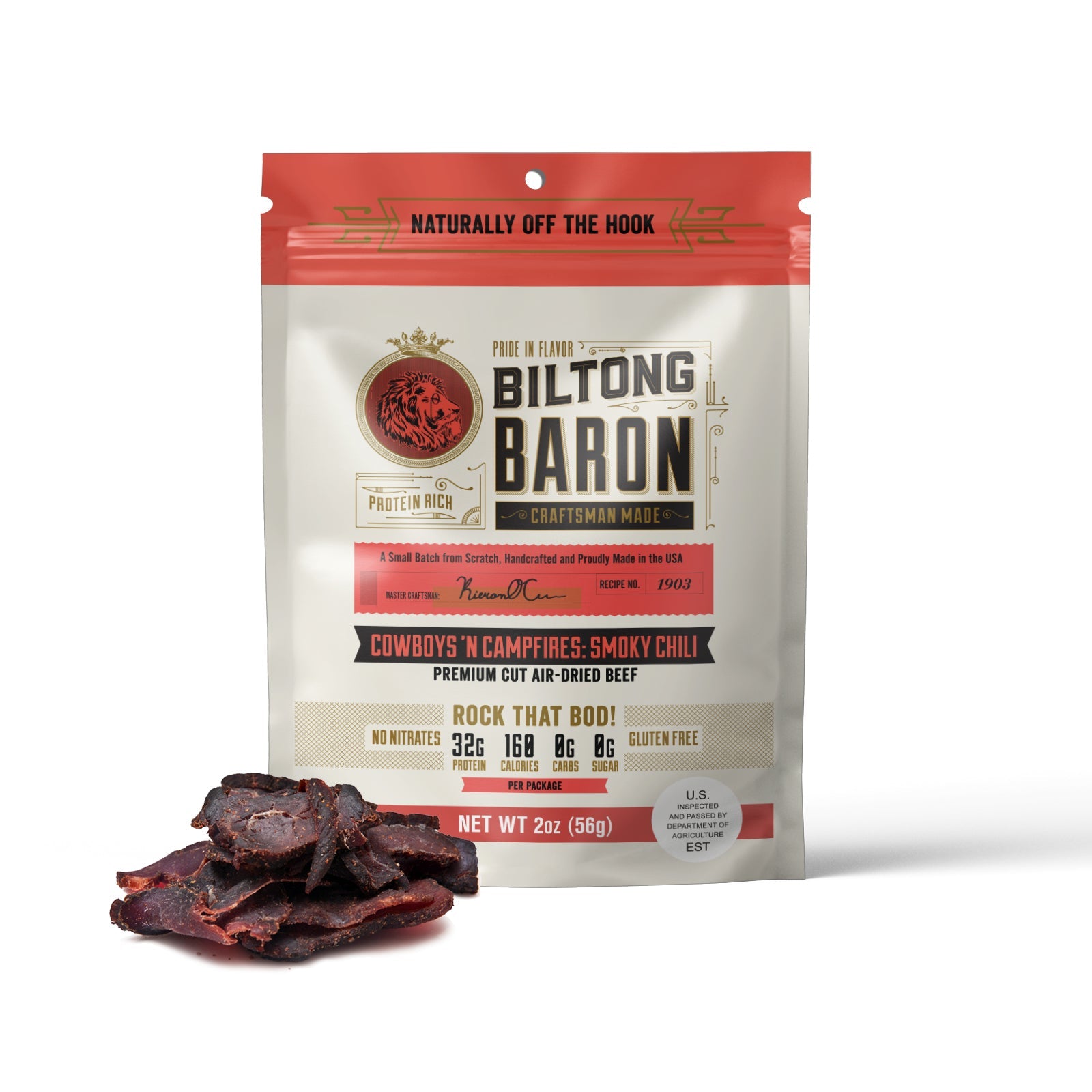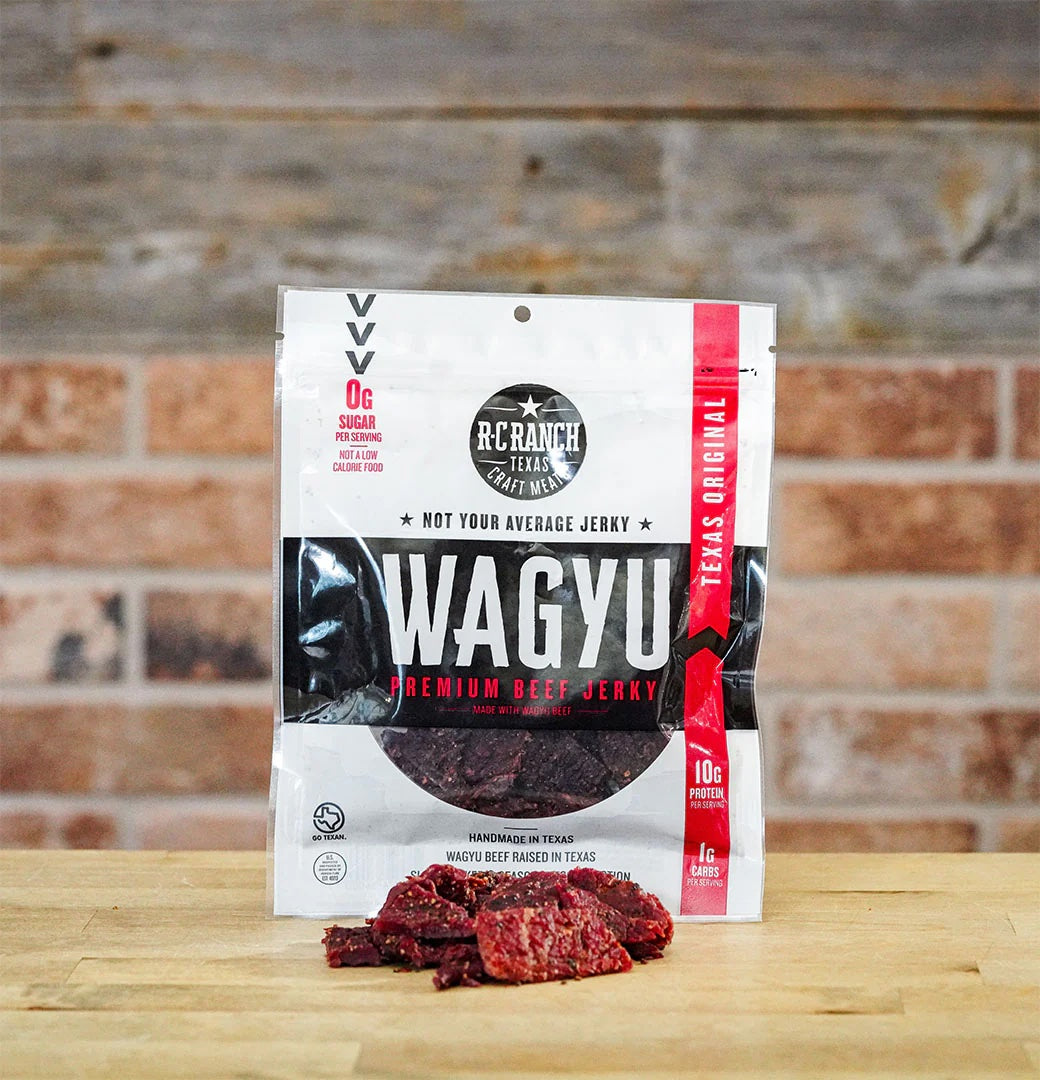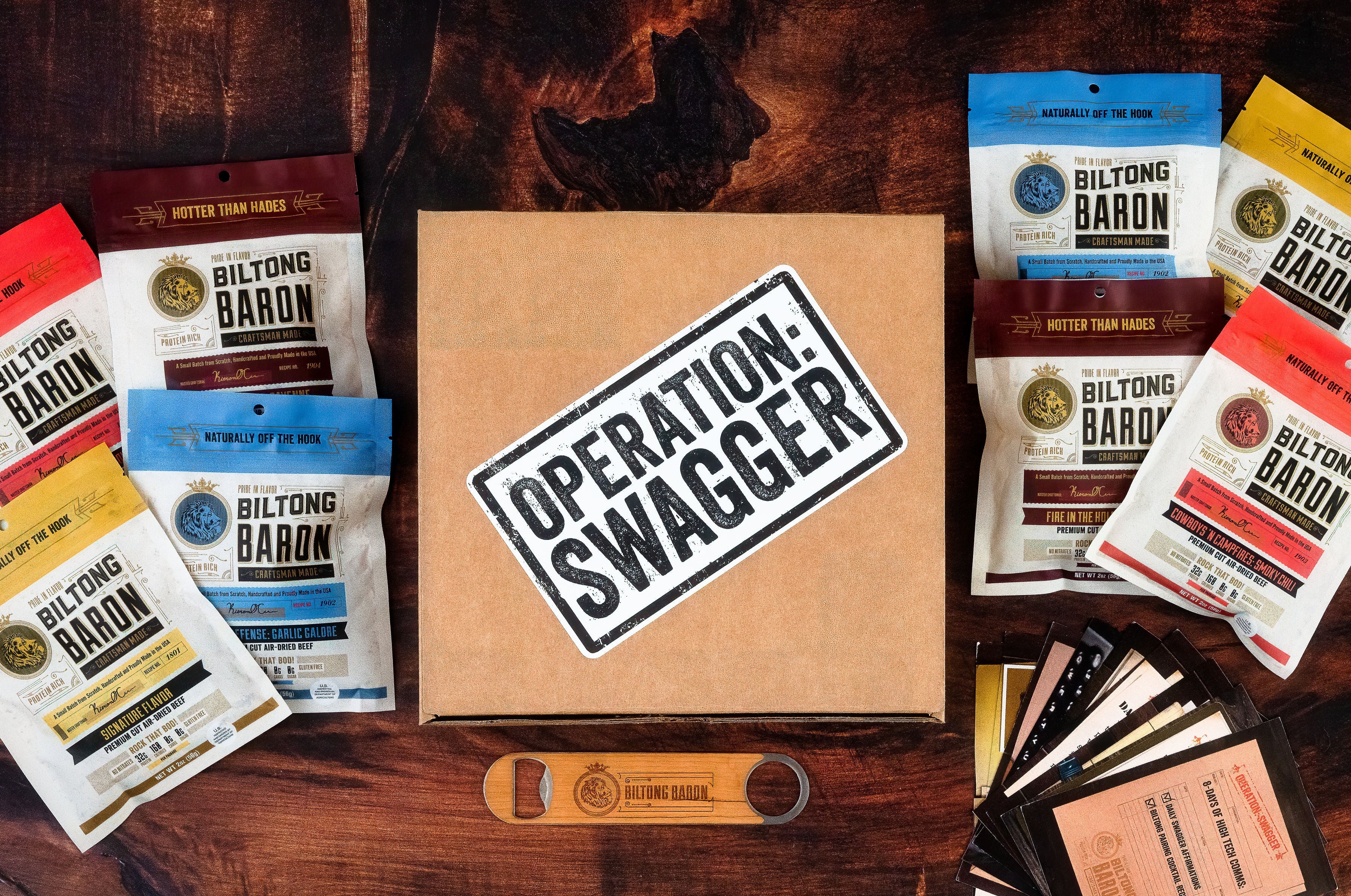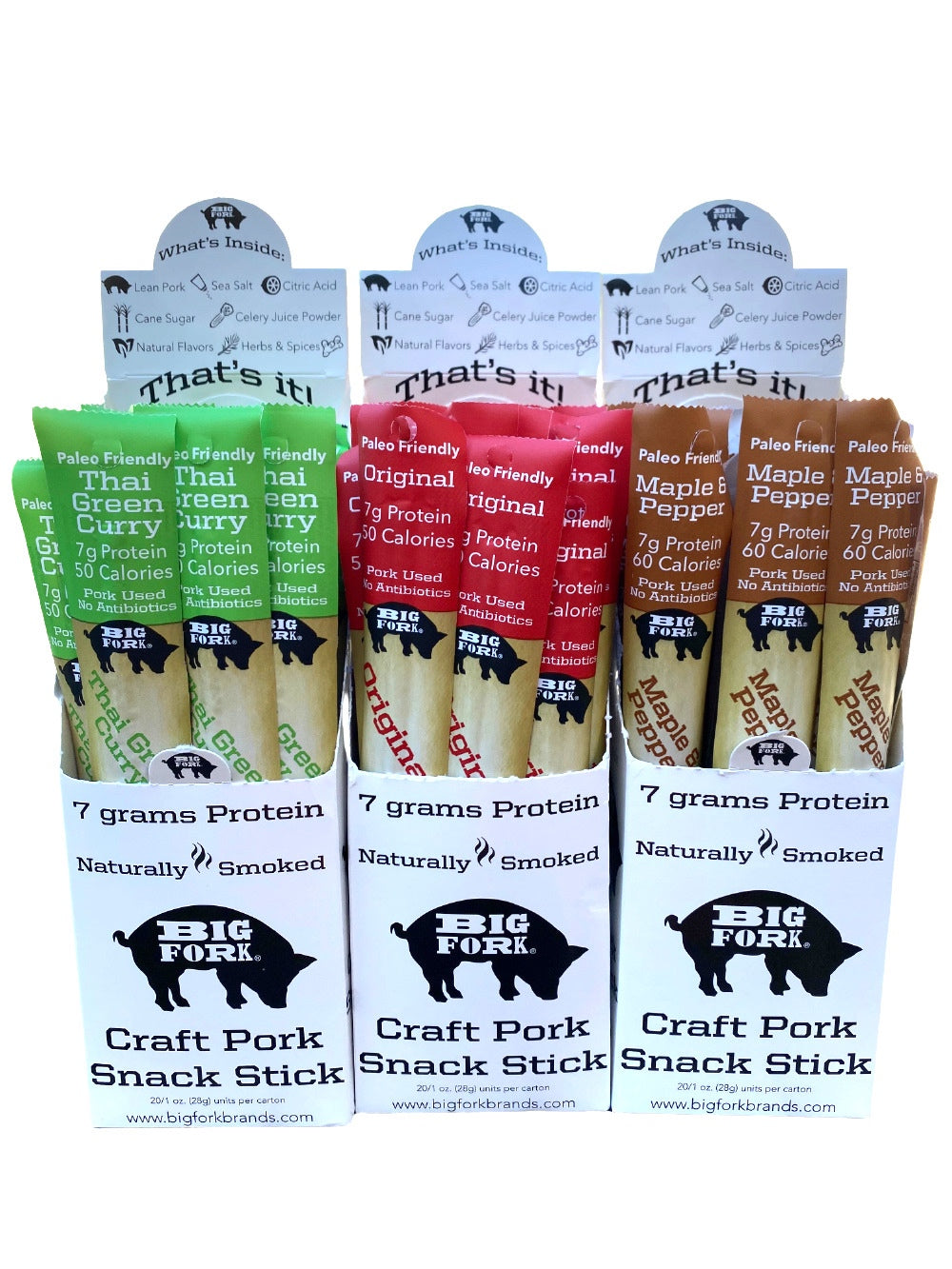-
Recently Viewed
You have no recently viewed items.
-
Featured Brands
- All Products
- About Us
- Contact Us
- Our Blog

Japanese Jerky, aka Salmon Jerky
If you’re interested in jerky but looking for an exotic jerky alternative to red meat or simply want something a bit lighter, salmon jerky might be just the snack for you.
When made with gluten-free soy sauce, salmon jerky is an excellent gluten-free snack substitute for more traditional jerkies. And it’s not just good for you — it doesn’t compromise on flavor, either.
People make salmon jerky by first cutting or grinding up fresh salmon (sometimes including the bones), then spreading the meat out on mats to brine, marinate and dry. Then, they smoke the salmon over beechwood to perfection.
The marinade usually contains soy sauce, apple cider vinegar, black pepper, salt, garlic and other delicious ingredients, depending on the desired flavor.
Dehydrated and seasoned salmon packs a rich, salty, sweet and smoky taste — and several nutritional benefits. Intrigued? Read on to learn more about Japanese jerky.
Salmon Jerky: Origin and History
Salmon jerky has been around for a very long time.
It’s extremely popular in places like Japan, Alaska and other coastal areas where fishing is interwoven into the culture. The popularity of salmon jerky may be just starting to skyrocket in the U.S. mainland, but Japanese people have been drying salmon to make this scrumptious snack for centuries.
The Japanese name for salmon jerky is “sake toba.” Historically, folks favor it as an otsumami snack — that is, a simple Japanese dish typically served alongside alcohol.
Most salmon jerky packaging indicates the fish’s origin, as well as whether fishers caught the dried salmon inside on open water. If they did, you may see the words “wild-caught” somewhere on the salmon jerky packaging.
Is Salmon Jerky Good?
Honestly, salmon jerky has a tough texture. If you’re a jerky aficionado, you’ll know tough doesn’t necessarily mean bad!
Like with many other jerky types, the more you chew, the more delicious umami flavor seeps out. Japanese jerky is generally fairly salty, which makes it a staple alongside tempura, edamame, French fries and other otsumami snacks.
Is Salmon Jerky Good for You?
As you may already know, certain types of fish — including salmon — are up there on lists of healthy foods you should include in your diet. Many health experts and dieticians recommend eating up to 12 ounces, or two average meals, of fish per week. That’s enough to sufficiently include it in your diet.
Salmon jerky is a great natural source of protein, as well as omega-3, omega-6 and omega-9 fatty acids. What does that mean? This salty snack can not only give you a much-needed energy boost but also improve your heart and brain function.
Additionally, salmon contains vitamins D, A and B, plus minerals like zinc, calcium, iron and phosphorus. When eaten as part of a healthy, balanced diet, salmon jerky can help lower your cholesterol and aid with glucose metabolism.
In other words, salmon jerky is pretty dang good for you (in moderation, as with all foods).
Salmon Jerky Nutrition Facts
According to Nutritionix.com, 1 ounce of salmon jerky contains the following:

How to Eat Salmon Jerky
Over here in the Jerky Universe, we don’t believe there’s any wrong way to eat jerky. But we’d still love to give you some recommendations!
Because this Japanese jerky is a little salty and a little sweet, it truly adds extra oomph to several appetizers and dishes. Here are those recommendations we promised:
- Omelets and cheese quiches
- Cheddar biscuits, as a bacon stand-in
- Creamy pasta sauce over noodles or vegetables
- Cheese spread or dip
- Salad topper
- Quesadilla filling
Really, the sky’s the limit when it comes to what tasty treat you can pair salmon jerky with.
Salmon jerky also comes in a variety of flavors, like teriyaki, black pepper, maple and dill, so you’re sure to find one that your taste buds get a kick out of.
[Related: Traveling With Beef Jerky: What You Need To Know]
How Long Does Salmon Jerky Last?
Jerky’s a perfect snack for stocking in your cupboard because it has a long shelf life. It’s also great for mailing to friends and family members!
When you properly store it in a zip-close or airtight container, salmon jerky can keep up to two to three months as is. If you want to keep your jerky a little longer, you can freeze it. Then, it stays good for about seven to 12 months, especially in a vacuum-sealed package.
Explore the Jerky Universe With Us
Curious about other types of exotic jerky? You're in luck— the Jerky Universe has guides to jerkies from all around the world, including these tasty types:
But there's even more to explore in the Jerky Universe — follow us on social and subscribe to our newsletter below!
Featured image: “Alder wood smoked salmon jerky” by Jazz Guy is licensed under CC BY-NC-ND 2.0
- Choosing a selection results in a full page refresh.









